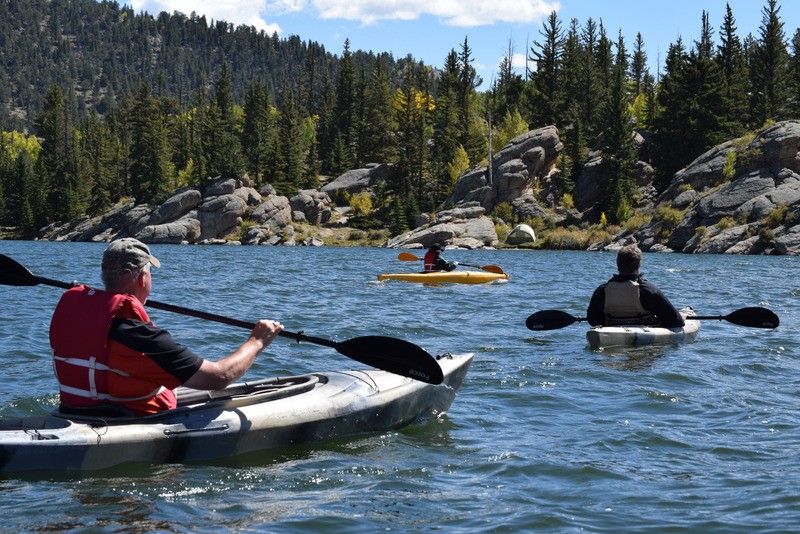Water Safety

Drowning Prevention
Drowning is the fifth leading cause of unintentional injury deaths in the United States, where approximately 10 people die from accidental drowning every day. Nonfatal drowning injuries may lead to complex disabilities resulting from brain damage. Risk of drowning is influenced by: inability to swim, lack of fencing around pools, location (pool, lake, ocean, etc.), lack of proper supervision, lack of life jacket use, use of alcohol, and seizure disorders. For more information, visit the TDH Healthy Home Injury
Prevention, CDC Drowning Prevention and American Red Cross Drowning Prevention websites.
How Can You Prevent Drowning?
- Know the basics of swimming and how to give cardiopulmonary resuscitation (CPR)
- Always closely supervise children in or nearby water
- Require life jackets for children around water
- Completely fence off pools with secure, self-closing gates
Safe Water Sports
Tennessee has many lakes, rivers, streams, and reservoirs that are used to enjoy water sports such as boating, swimming, and other water sports. While these activities provide physical activity and recreation, they are also sources of unintentional injury or drowning. For more information, visit the CDC website on Safe Boating.
Tips for Staying Safe
- Always wear a life jacket
- Take a course on boating safety
- Avoid drinking alcohol while participating in water sports
- Understand the risks of carbon monoxide
- Schedule a Vessel Safety Check (VSC)
- Monitor for dangerous changes in weather
- Never go on the water alone
Life Jackets/Safety
Life jackets help prevent accidental drowning and keep you safe from unintentional injuries. They should always be approved by the U.S. Coast Guard, suitable for the size and weight of the wearer, appropriate for the activity, and always inspected for tears or other malfunctions before use. To read more about life jackets, visit the U.S. Coast Guard or American Red Cross website.
Who Should Wear a Life Jacket?
- Children and weak swimmers who are near or on water
- Everyone who is in any kind of open water or participating in water sports
- Everyone who is around cold or icy water